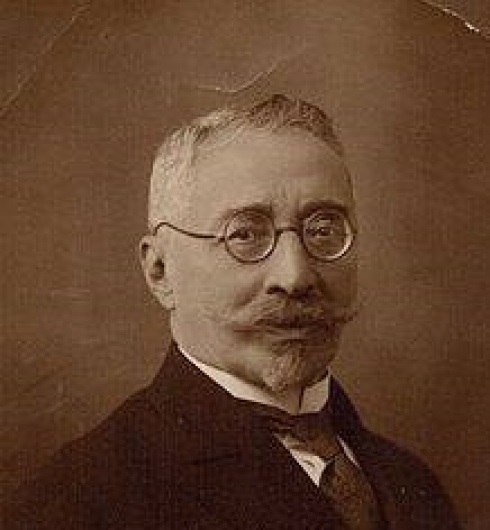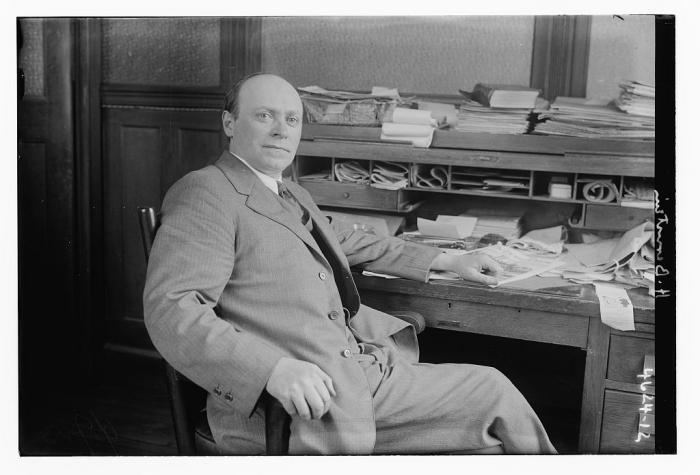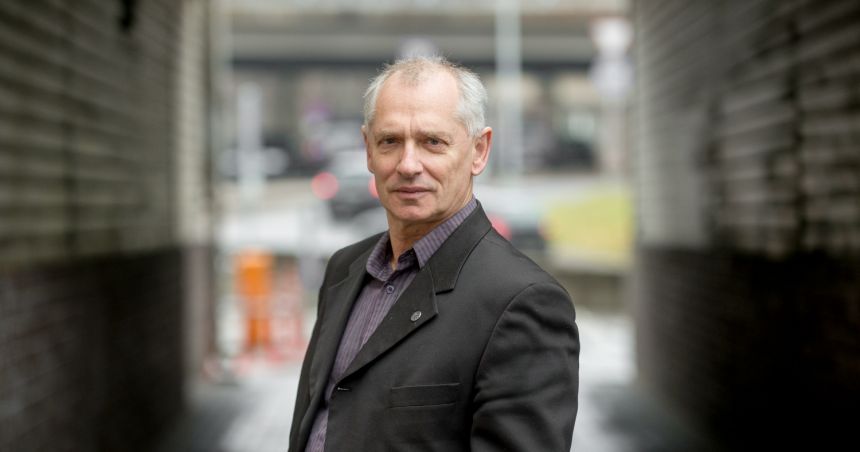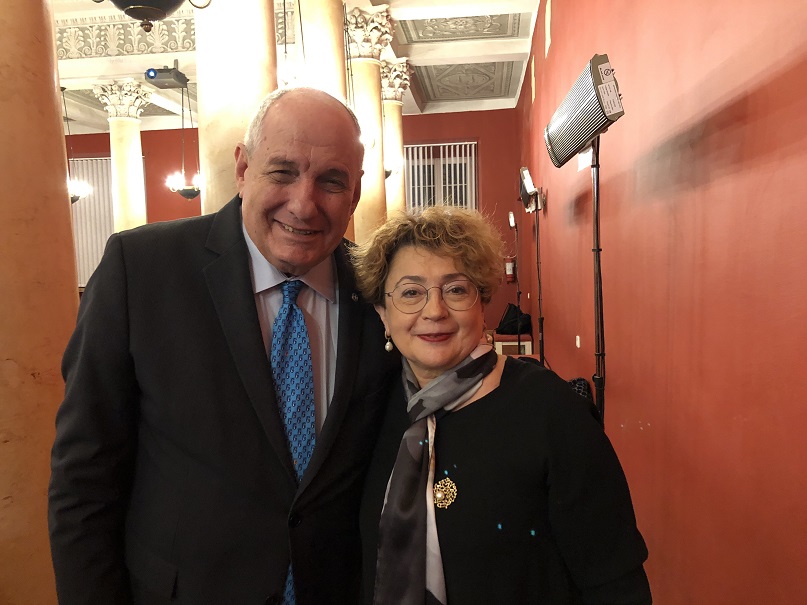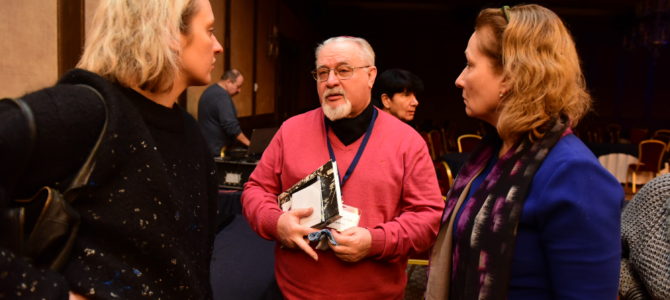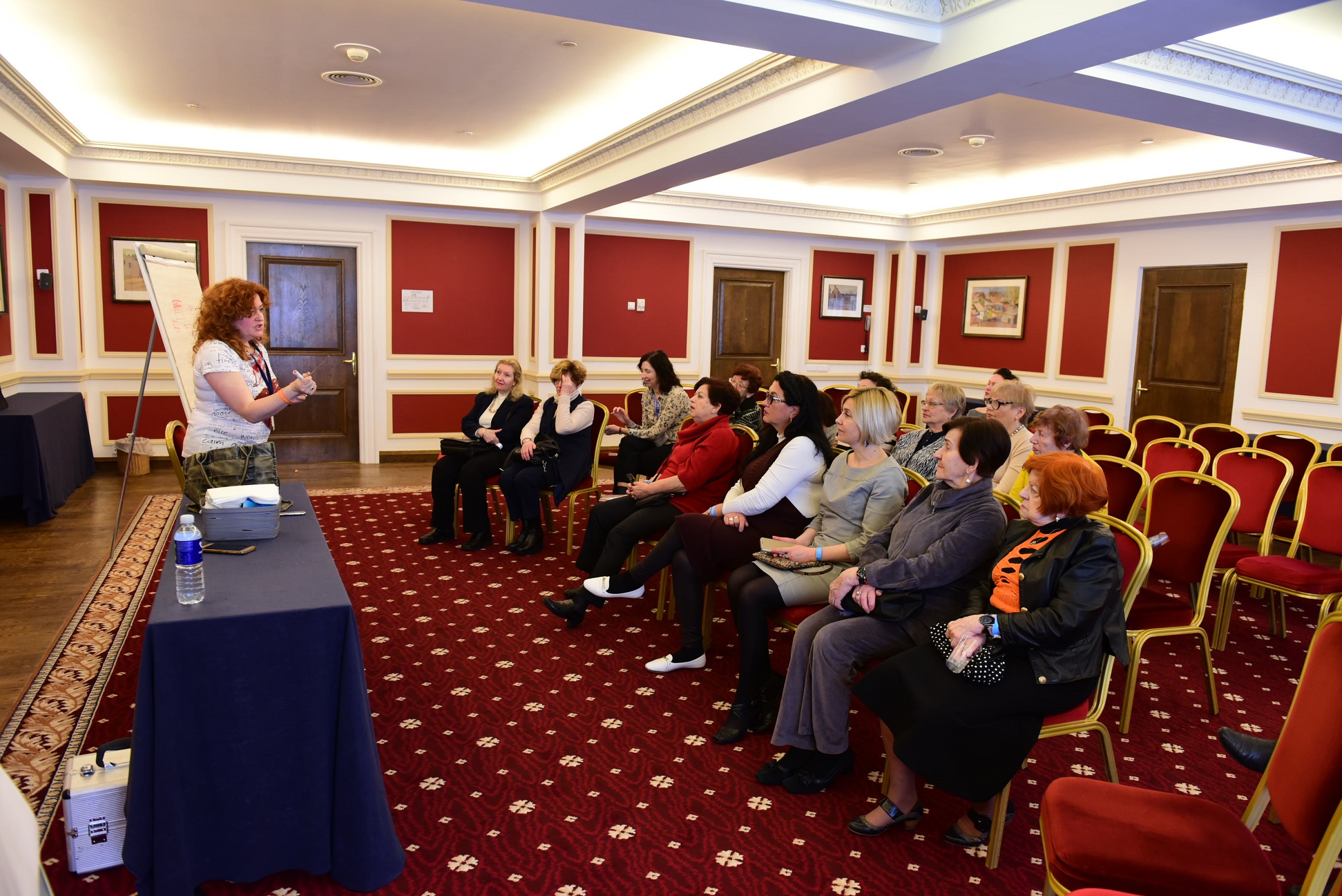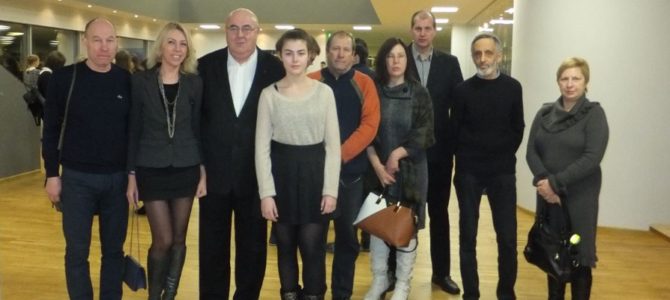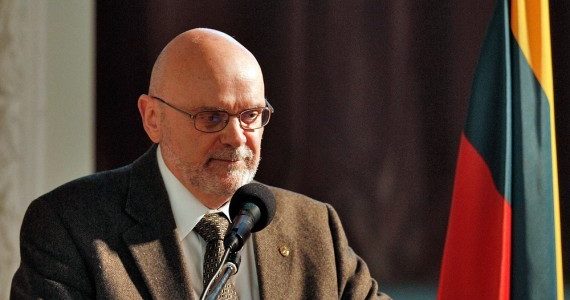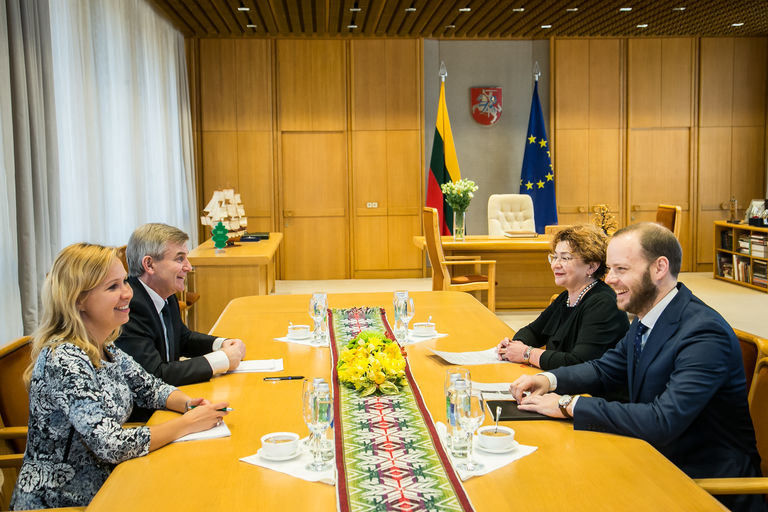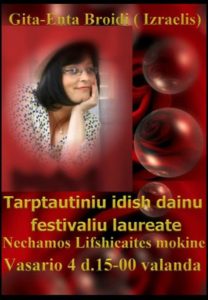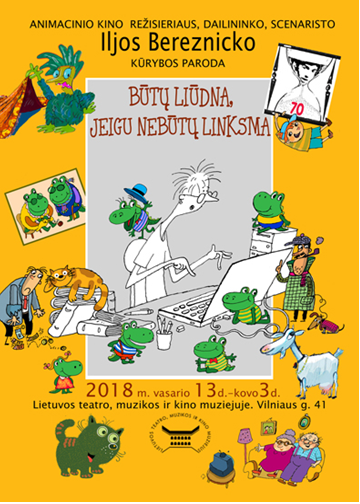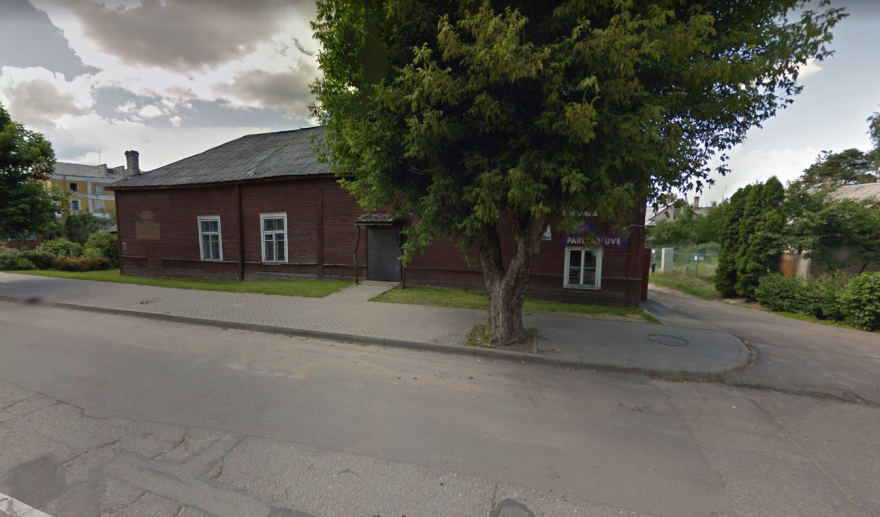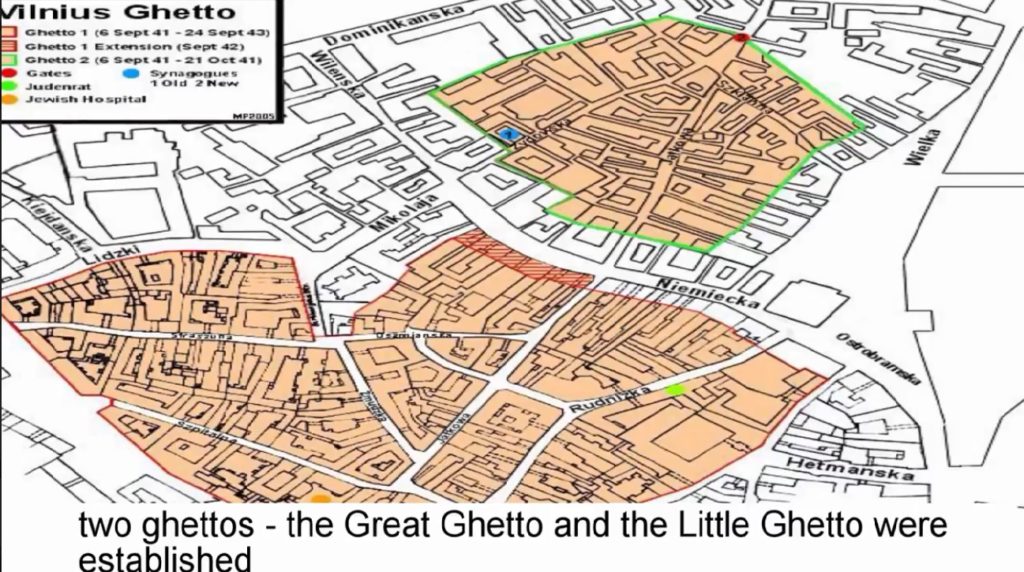![]()
by Linas Linkevičius
Lithuanian Jews helped build the country, and their legacy remains an integral part of Lithuanian history.
This year, while Israel is celebrating 70 years of modern statehood, Lithuania is celebrating 100 years of restored independence.
For centuries Lithuanian Jewry was part of the educated and intellectual elite of our society. One hundred years ago they took the most active part in the process of creating the Republic of Lithuania. They were elected to the Lithuanian Parliament, took up diplomatic posts, served in the army. I would like to particularly mention some of those great men.
Back in the 1920s the chairman of the Vilna Jewish community Jacob Wygodsky became the first Jewish affairs minister in Lithuania–the very post was a completely new phenomenon in our history. Shimshon Rosenbaum, a famous Zionist movement activist, became vice minister of foreign affairs and was a member the Lithuanian delegation to negotiate the peace treaty with Soviet Russia. Nachman Rachmilevich is yet another great example. He became vice minister of industry and trade.
Full text here.



















